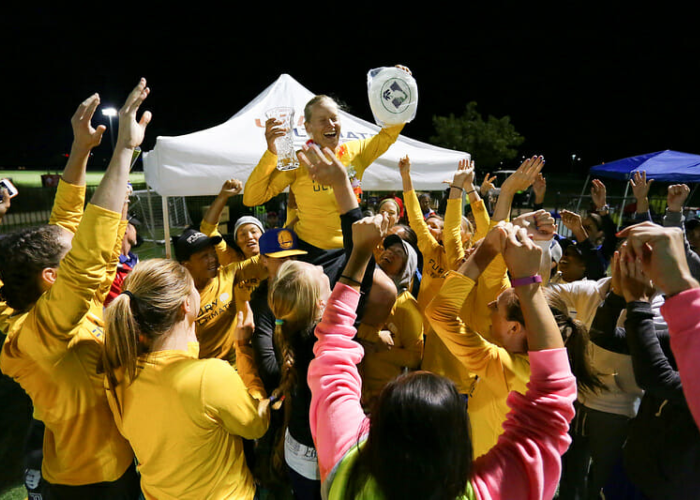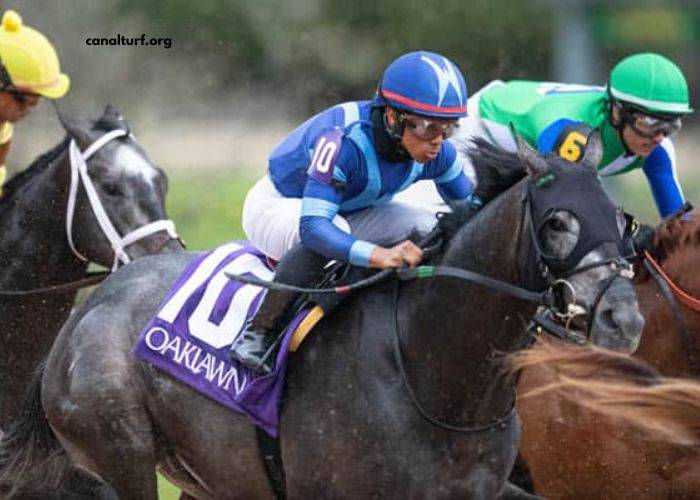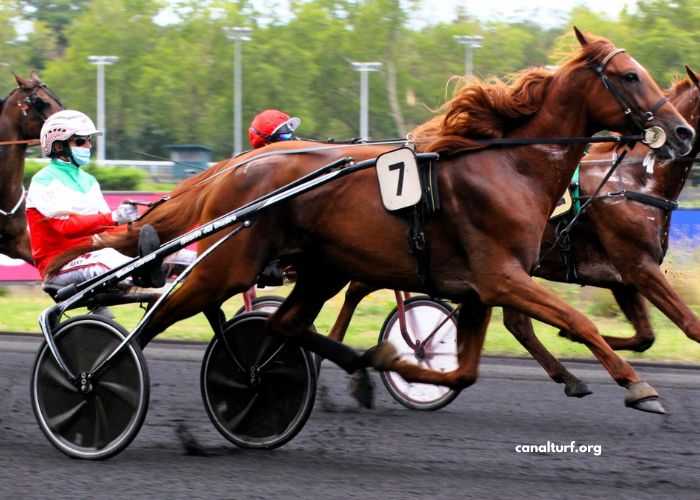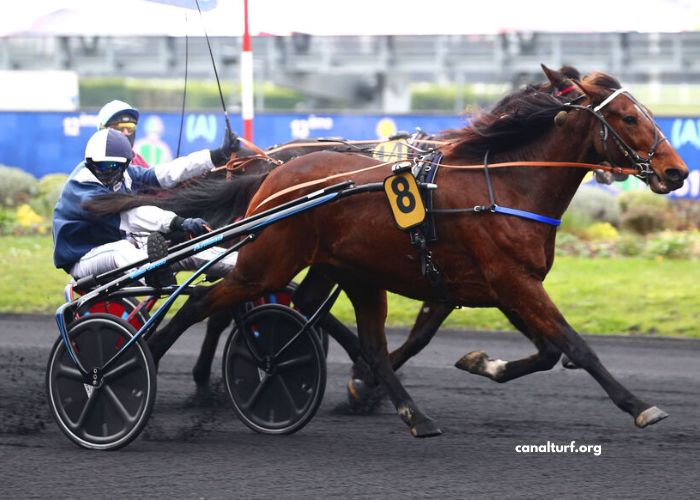Sportsmanship, the spirit of fair play, respect, and camaraderie in sports, has been an integral part of athletic competition since time immemorial. It transcends the boundaries of cultures, generations, and sports disciplines, representing a fundamental aspect of the human experience. As we delve into the annals of sports history, we uncover a fascinating journey – an evolution of sportsmanship that mirrors our societal progress and offers insights into the human condition.
The Foundation of Sportsmanship
Sportsmanship, as we understand it today, has roots that stretch back to ancient civilizations. In ancient Greece, the birthplace of the Olympics, athletes were expected to compete with honor, adhere to rules, and respect their opponents. The Greek concept of “agon” encompassed both competition and striving for excellence, but it also emphasized the importance of displaying virtue and grace in victory or defeat.
The Roman arena, while often brutal, also had its moments of sportsmanship. Gladiators who showed exceptional skill or bravery were sometimes spared by the crowds’ gestures, showcasing a form of recognition and respect for the competitor’s efforts.
The Chivalric Code in Medieval Sports
Medieval Europe introduced the chivalric code, which influenced sportsmanship within the context of knightly tournaments. Knights were not only judged by their combat skills but also by their behavior on and off the battlefield. Displaying humility, generosity, and respect for opponents became as important as emerging victorious. These values extended beyond combat to other forms of competition and social interactions.
The Modern Olympic Revival
The 19th-century revival of the Olympic Games under the leadership of Pierre de Coubertin marked a significant turning point in the evolution of sportsmanship. Coubertin’s vision of the Games as a platform for promoting international understanding and friendship emphasized the importance of sportsmanship. The Olympic motto “Faster, Higher, Stronger” was complemented by the notion of “Citius, Altius, Fortius” – “Swifter, Higher, Braver.” This not only celebrated physical achievements but also moral virtues.
The Sportsmanship Paradox: Competition vs. Commercialization
As sports became increasingly organized and commercialized in the 20th century, a paradox emerged. On one hand, professionalization brought more attention to sportsmanship due to the scrutiny and expectations placed on athletes as role models. On the other hand, the heightened stakes and financial pressures sometimes led to unsportsmanlike behavior, with athletes seeking any advantage to win.
Instances of sportsmanship shone brightly amidst this paradox. The 1968 Olympics in Mexico City saw Tommie Smith and John Carlos, American sprinters, raise their fists in a symbol of black power during the medal ceremony. While a gesture of protest, it also emphasized the broader issues of human rights and equality, invoking the spirit of sportsmanship in advocating for social change.
A Digital Age: New Challenges and Opportunities
The 21st century brought about a new era in sportsmanship, as digital media and technology revolutionized the way we experience sports. Social media platforms allowed athletes to interact directly with fans and opponents, blurring the lines between personal and professional personas. While this increased accessibility has humanized athletes to an extent, it has also exposed them to new challenges, including online harassment and negative comments that test their ability to maintain sportsmanlike conduct in a digital world.
Diversity and Inclusion: Expanding the Boundaries
The evolution of sportsmanship is also intricately tied to the ongoing efforts for diversity and inclusion within sports. As more athletes from diverse backgrounds break into traditionally exclusive sports, the concept of sportsmanship is expanded to encompass the acceptance of different cultures, beliefs, and identities. The stories of LGBTQ+ athletes coming out and receiving support from their teammates and fans exemplify how sportsmanship has grown to embrace a more inclusive spirit.
Lessons from the Evolution
- Ethical Foundations Transcend Time: The enduring nature of sportsmanship throughout history underscores the timeless importance of fairness, respect, and compassion in human competition.
- Sports as a Mirror of Society: The evolution of sportsmanship reflects societal changes, from ancient civilizations’ values to modern challenges such as commercialization and digital interactions.
- Influence of Leadership: Visionaries like Pierre de Coubertin have significantly shaped sportsmanship’s trajectory by emphasizing its importance at the highest levels of athletic competition.
- Sportsmanship as a Force for Change: Moments of sportsmanship, such as Tommie Smith and John Carlos’ protest, demonstrate the potential of sports to spark conversations about broader social issues.
- Adapting to the Digital Age: Athletes’ interactions on social media highlight the need for maintaining sportsmanlike conduct in virtual spaces, extending the concept’s relevance to the online realm.
- Inclusivity Matters: The ongoing pursuit of diversity and inclusion within sports expands the definition of sportsmanship to encompass acceptance and respect for all individuals.
Conclusion
The evolution of sportsmanship is a testament to humanity’s journey through time. From ancient rituals of honor to modern platforms of global interaction, the spirit of fair play, respect, and camaraderie has remained a cornerstone of our sporting endeavors. As we continue to push the boundaries of athleticism and redefine the concept of competition, sportsmanship will undoubtedly remain a guiding light, reminding us that while victory is sweet, the true measure of an athlete lies in how they play the game.




